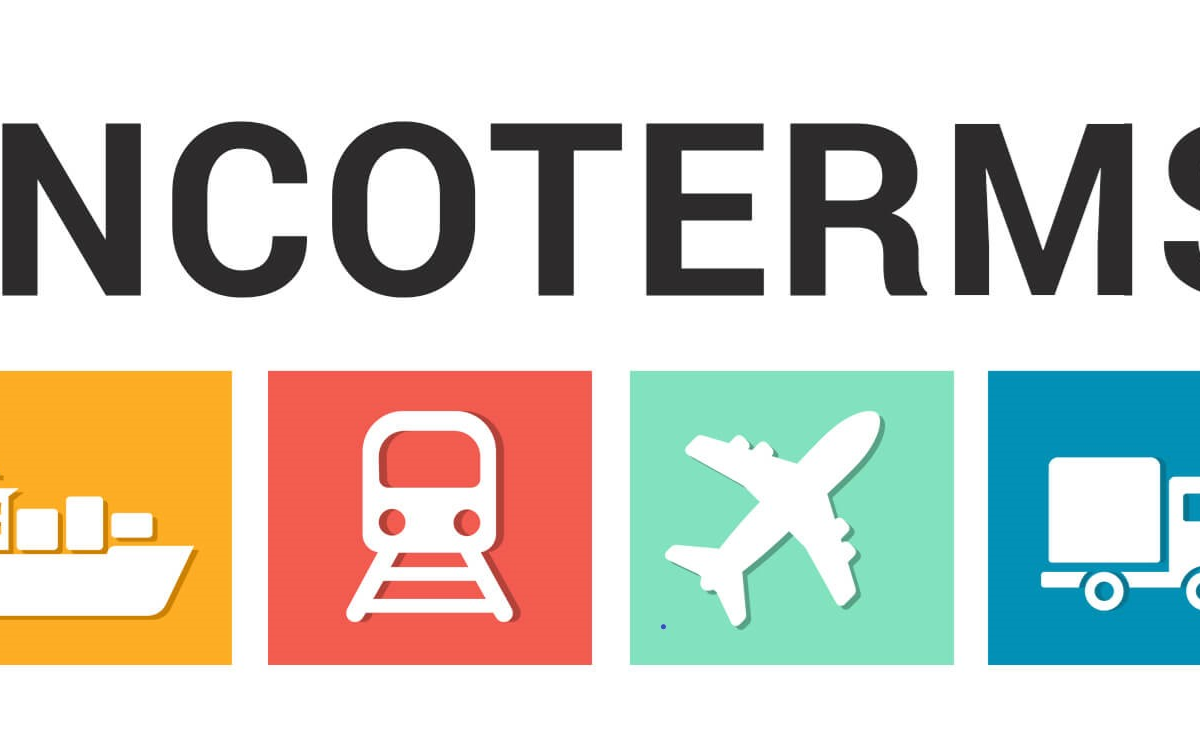This article is written by Austin Garcia
With Donald Trump inaugurated as the 47th President of the United States, the global trade landscape is poised for possible transformation. As companies anticipate policy shifts, a renewed focus on strategic planning becomes paramount to navigate emerging uncertainties.
One sector under particular scrutiny is Mexico’s automotive industry, which is intricately tied to U.S. supply chains. The potential for redefined trade agreements and revised tariffs could reshape Mexico’s role in automotive production and distribution. Industry leaders are urged to stay attuned to policy changes, allowing them to proactively adjust operations. The scenario also highlights China’s manufacturing connection to Mexico, where proposed tariffs as high as 100% could complicate nearshoring strategies, adding complexity for businesses seeking cost-efficient alternatives.
A linchpin of North American trade, the United States-Mexico-Canada Agreement (USMCA), aims to foster balanced economic growth. This agreement, a successor to NAFTA, allows increased U.S. market access for Canadian agricultural exports, particularly dairy and poultry, and removes certain digital trade barriers. By standardizing copyright protections for online companies and banning taxes on digital goods, the USMCA sets a foundation for a more resilient digital economy across North America.
China, meanwhile, is observing developments cautiously, with officials concerned that a shift in U.S.-China relations could introduce Cold War-like trade frictions. Talks in Washington about retracting China’s permanent normal trade relations (PNTR) status signal a potential strain on global markets and a pressing need for contingency planning. Such a move could have ripple effects, altering not just U.S.-China trade flows but also impacting economies relying on these connections.
In another step toward trade reform, the Biden-Harris administration has targeted the de minimis exemption. This policy change restricts the import exemption on goods subject to certain tariffs, aiming to curb what officials call “abusive practices” by foreign e-commerce firms. By closing these loopholes, the administration intends to strengthen protections for U.S. workers and businesses while encouraging Congress to consider further reform.
Economic analysts warn that added tariffs on imports could spark price hikes, with potential consequences for U.S. consumers and businesses. In a world where production costs are closely scrutinized, adapting supply chains to these evolving conditions becomes crucial for competitiveness. As trade relationships shift, the private sector faces the challenge of balancing cost efficiency with strategic resilience in a reshaped global economy.



